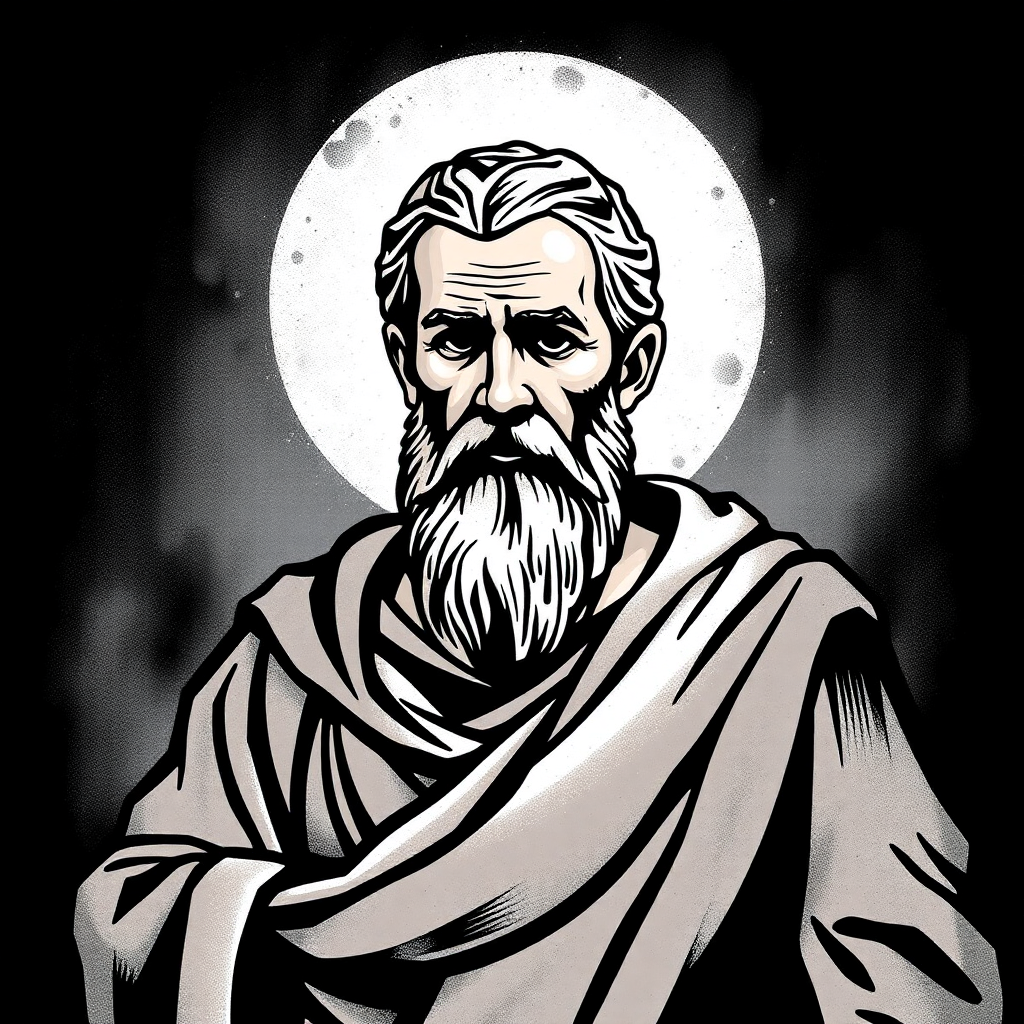Did apostle Paul kill Christians?
Acts 8:1 describes how Saul "was ravaging the church, entering house after house; he dragged off men and women and committed them to prison."
The question of whether the Apostle Paul killed Christians is a complex one that touches on his early life, his transformation, and the historical context of his actions. To understand Paul's role in early Christianity, it's essential to explore his background, the events leading up to his conversion, and his subsequent contributions to the faith.
A Background on Saul of Tarsus
Before he became known as the Apostle Paul, he was born Saul of Tarsus, a city in modern-day Turkey. Saul was a Pharisee, a strict sect of Judaism, and he was well-educated, having studied under the renowned rabbi Gamaliel. His deep knowledge of Jewish law and traditions made him a fervent believer in the Jewish faith, but it also fueled his animosity toward early Christians, whom he viewed as a dangerous sect undermining Judaism.
Persecution of Early Christians
The Book of Acts in the New Testament provides insight into Saul’s actions before his conversion. According to Acts 7:58, Saul was present during the stoning of Stephen, the first Christian martyr, where he not only consented to the act but also approved of it. Acts 8:1 describes how Saul "was ravaging the church, entering house after house; he dragged off men and women and committed them to prison." These passages suggest that Saul was deeply involved in the persecution of Christians, which likely included imprisonment and possibly leading to death sentences, though the scriptures do not definitively state that he personally killed Christians.

The Turning Point: Conversion on the Road to Damascus
Saul's life took a radical turn on the Road to Damascus. As he traveled, seeking to arrest more Christians, he experienced a life-changing vision of Jesus Christ. This pivotal moment transformed him from a persecutor of Christians into one of the most influential apostles of the faith. After this incident, which is recounted in Acts 9, Saul, now known as Paul, began preaching the message of Christ, spreading the Gospel across the Roman Empire.
Paul's Legacy as an Apostle
Following his conversion, Paul dedicated his life to evangelism. He established numerous churches and wrote many letters—known today as the Epistles—which form a significant portion of the New Testament. His writings, including Romans, Corinthians, and Galatians, reveal his deep theological understanding and have been instrumental in shaping Christian doctrine.
The Historical Context of Persecution
To put Saul’s actions into perspective, it’s important to recognize the historical climate of the time. The early Christian movement arose within a volatile socio-political atmosphere. The Jewish authorities viewed this new sect as a threat to their religious traditions and societal stability. The Roman Empire, too, perceived Christians as subversive, especially as they refused to worship the emperor. Thus, the persecution faced by early Christians should be understood as part of the broader struggle between the existing religious systems and the emerging Christian faith.
Conclusion: Reconciliation of Paul's Past
After his conversion, Paul became a champion of Christianity, spreading its message far and wide. His transformation highlights themes of redemption and grace that are central to Christian beliefs. Instead of being defined solely by his past actions, Paul’s legacy is one of fervent dedication to the Gospel and a profound impact on Christianity as a whole. Understanding this duality—the former persecutor and later apostle—gives us a richer perspective on his life and mission.